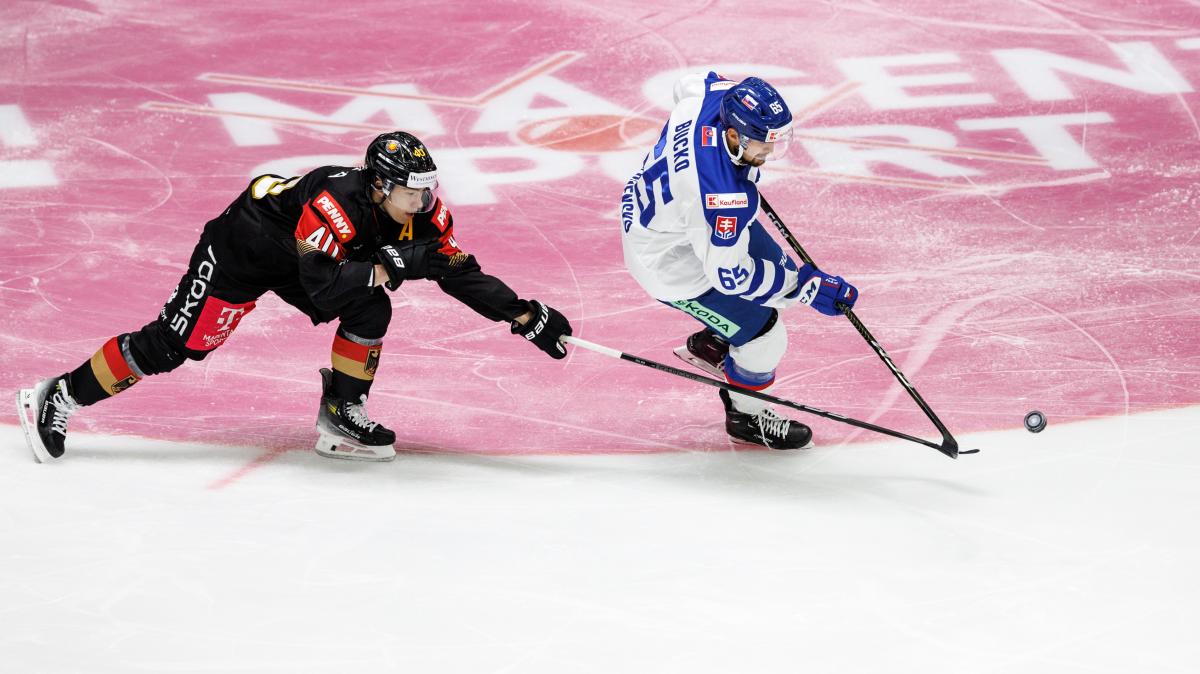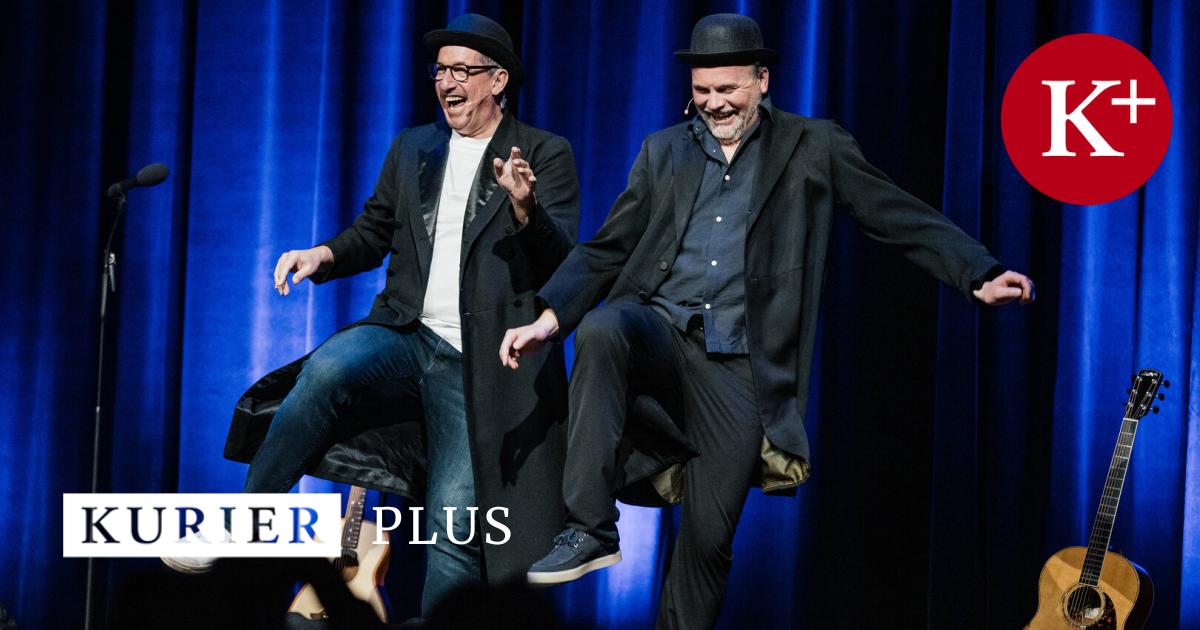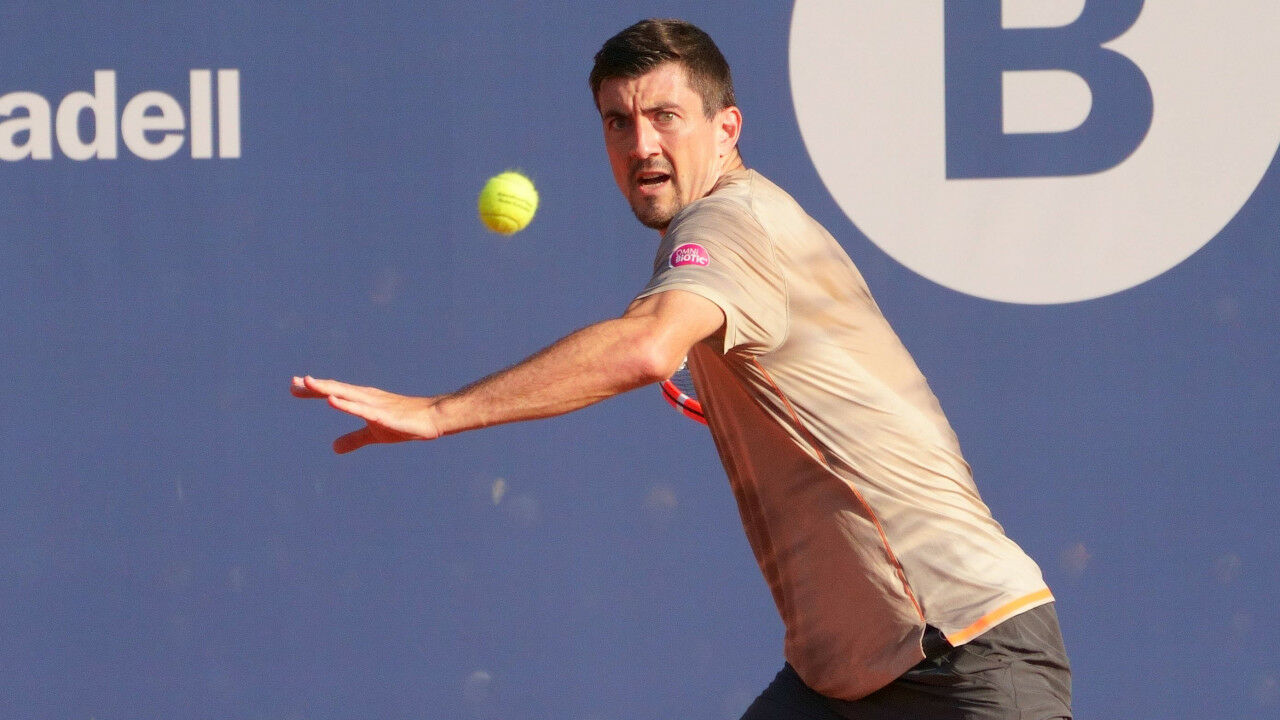Runny nose, cough, sore throat, fever and difficulty breathing – the classic symptoms of the common cold are now spreading rapidly through the population. The fact that many people are getting sick can now be seen in many classrooms and workplaces.
Before the pandemic, there were regular double waves in winter – now there is a triple wave, according to pediatrician and infectious disease scientist Volker Stringer from Med Uni Graz. In the last two years of the pandemic, the cold waves caused by RS viruses and influenza, which are otherwise typical of the season—because of distance rules, mask requirements, and lockdowns—have largely not occurred. Stringer believes that the current triple wave will continue throughout the winter.
Also an influenza epidemic
Virologist Judith Aberl of MedUni Vienna confirmed to ORF. After RSV, the spread of the influenza virus in this country officially reached epidemic proportions last week. Virology at MedUni Vienna is the national observatory of the Sentinel global epidemiological surveillance system.
According to Aberle, RS viruses have continued to rise for three weeks and are now reaching epidemic proportions as well. This is “too early”. Aberle didn’t want to estimate how long the RSV wave and the flu wave would last. In any case, intense viral events will continue “in the next few weeks.”
The main trunk is covered
There’s something like “good news” for everyone who’s or is being vaccinated against influenza: The A/H3N2 strain is dominant this season, and the circulating H3N2 viruses match the strains found in the vaccines.
RS viruses are particularly dangerous to infants
RS viruses in particular are not always harmful to infants, especially in the first winter, Abberle and Stringer point out. They can lead to bronchiolitis, which is an inflammation of the airways, which are thinner than the bronchioles. According to the European Union Health Authority (ECDC), children between the ages of zero and four are most often affected.
In addition, according to Aberle, there are many more rhinoviruses. Apperell and Stringer stress that the symptoms of different infections are similar — so you can’t tell what virus is without a swab. That’s why Aberle recommends getting tested for CoV whenever possible if symptoms appear. She points to the current ECDC recommendation, according to which children with symptoms should not attend kindergarten or school. This is self-protection and also prevents further spread.
Immunization of children at risk
The past two years have shown that social distancing and wearing a mask prevent infection. But very few people want that. However, Strenger does have a specific recommendation ready: Parents with an infant, especially in the first six months, should avoid large crowds if possible. “If every cold could be RSV,” the risk of infection could be reduced, even if, of course, infection cannot be ruled out.
Strenger notes that RSV passive immunization is available for children at risk — premature babies or infants with heart defects or lung disease. This is now generally approved for healthy children, but is not yet available in Austria.
Repercussions on pediatric departments in hospitals
According to the pediatrician, the hospital system is already “close to overload” due to the large number of young children being hospitalized. In contrast to the height of the coronavirus pandemic, it now mainly affects children’s and youth departments, even if the dimensions cannot be compared.
The Vienna Health Association also warned in a broadcast on Tuesday of the risks, especially for young children under one year of age. Children often have to be hospitalized if they become infected and their breathing must be supported. At the moment, cribs across Vienna are “very busy”.
“Sick 24/7”
A picture very similar to that of Austria can currently be seen in many European countries as well as in North America. The spokesman for the professional association of German pediatricians, Jacob Maske, sounded the alarm on Tuesday.
There is a ‘build-up of inflammation’. Some children, Muske said, “are getting sick around the clock and parents fear they’ll never recover.” In the current situation, his work in practice is more like “passage” than good medicine. The trick is to filter out the really sick kids.

“Total coffee aficionado. Travel buff. Music ninja. Bacon nerd. Beeraholic.”







More Stories
The European Space Agency announces “signs of spiders on Mars”
Raising diamonds made easy – Spectrum Science
Everything related to prevention and treatment